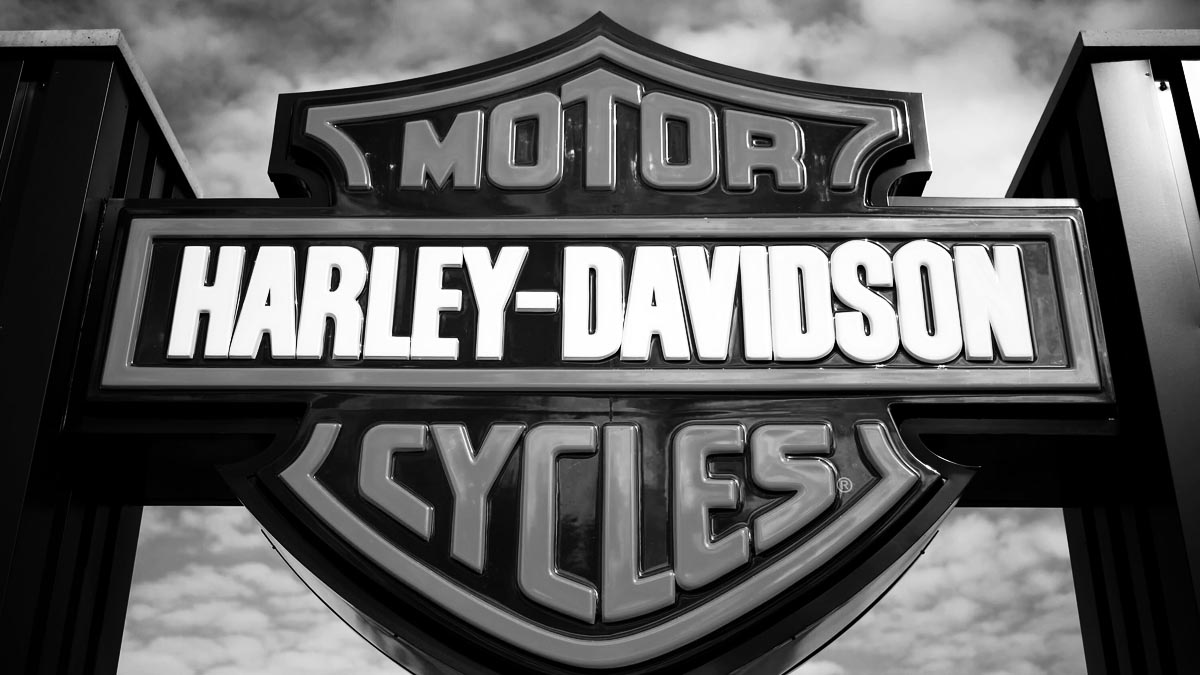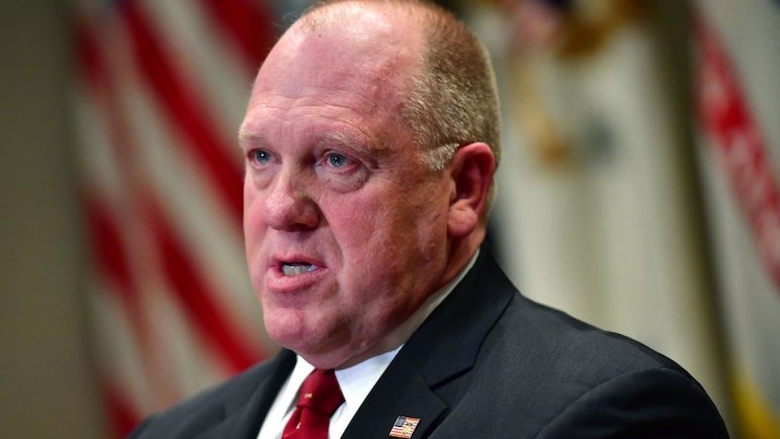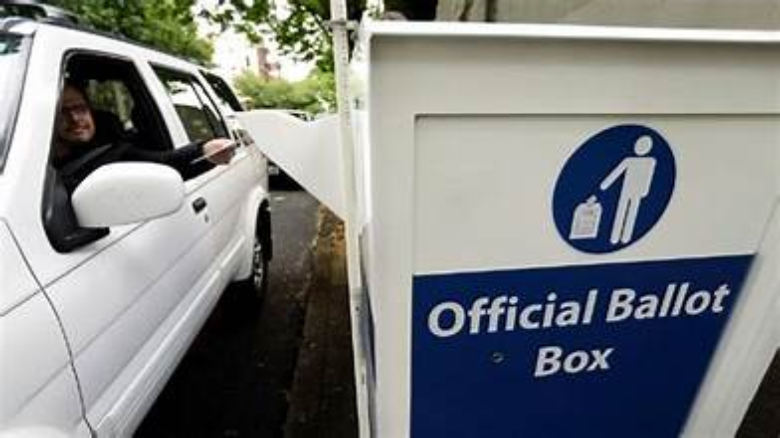Harley-Davidson Drops DEI Policies After Customer Boycott
Harley-Davidson, a brand synonymous with American freedom and rugged individualism, has just taken a “controversial” turn by abandoning its Diversity, Equity, and Inclusion (DEI) policies.
This decision comes in the wake of a significant customer backlash and an organized boycott that targeted the company’s previous shift towards DEI initiatives.
Social media influencer and movie maker Robby Starbuck’s strategy to expose all the insane woke activism within mega-corporations with large conservative customer bases logged another win today. This comes on the heels of his successful campaign to pressure Tractor Supply into scrapping its diversity, equity, and inclusion program and forcing John Deere to scale back its DEI policies.
Nearly a month after Starbuck launched the anti-woke crusade against iconic motorcycle brand Harley-Davidson in an X post titled “It’s time to expose Harley Davidson,” Harley issued a press release explaining earlier today, “We are saddened by the negativity on social media over the last few weeks, designed to divide the Harley-Davidson community.”
The renowned motorcycle manufacturer initially adopted DEI policies as part of a broader corporate trend across industries, ostensibly to create a more inclusive workplace. However, these policies were met with growing discontent among Harley-Davidson’s core customer base, who viewed the changes as a departure from the company’s traditional values.
The backlash reached a tipping point when a group of customers organized a boycott, accusing Harley-Davidson of alienating its loyal consumer base in favor of appeasing what they perceived as a radical agenda. This boycott reportedly had a tangible impact on the company’s sales and public image, prompting a re-evaluation of the DEI initiatives.
Corporate Response and Policy Reversal
In response to the mounting pressure, Harley-Davidson’s executives made the decision to drop the DEI policies altogether. This move has been widely interpreted as a bid to realign with the company’s historical image and to restore customer confidence. According to reports, the decision was influenced not only by the boycott but also by internal discussions that highlighted the need to prioritize the brand’s identity and its relationship with customers.
Another win for our movement. I couldn’t do this without all of you. @harleydavidson just issued this statement where they promise:
• No more DEI functions
• No more supplier diversity spend goals
• They’ll no longer participate in @HRC scoring
• Sponsorship activities… pic.twitter.com/HMICsQAbz4
— Robby Starbuck (@robbystarbuck) August 19, 2024
A company spokesperson confirmed the policy reversal, stating, “Harley-Davidson remains committed to fostering an environment that is welcoming to all riders, but we recognize the importance of staying true to the values that have defined our brand for decades.” This statement appears to reflect a recalibration of the company’s priorities, emphasizing traditional values over modern corporate trends.
Public Reaction and Analysis
The decision has sparked varied reactions across the political spectrum. Critics of the reversal argue that Harley-Davidson’s decision represents a regression and a capitulation to conservative pressures. However, supporters of the boycott and the subsequent policy change see it as a necessary correction that prevents the company from alienating its core demographic.
From a conservative perspective, the reversal is seen as a victory for consumers who have grown increasingly frustrated with the proliferation of DEI initiatives in American corporations. These initiatives, critics argue, often impose a set of values that conflict with the traditional ethos of many established brands, leading to a disconnect between companies and their long-time customers.
The boycott itself is emblematic of a broader cultural pushback against corporate attempts to adopt DEI frameworks. As observed in other industries, customers who feel marginalized by such policies are becoming more vocal, using economic pressure to demand that companies remain neutral or return to their traditional business practices.
Impact on Harley-Davidson’s Future
The long-term impact of Harley-Davidson’s decision to drop its DEI policies remains to be seen. While the company may experience a resurgence of support from its core customers, it risks alienating a segment of the population that values diversity and inclusion in the workplace. However, for a brand that has long marketed itself as a symbol of rebellion and independence, the decision to prioritize customer sentiment over corporate conformity may prove to be a strategic move that solidifies its position in the market.
As Harley-Davidson navigates this new chapter, it faces the challenge of balancing the expectations of its diverse customer base while staying true to the brand’s identity. Whether this policy shift will lead to sustained success or further controversy will depend largely on how the company continues to engage with its consumers in the coming years.


